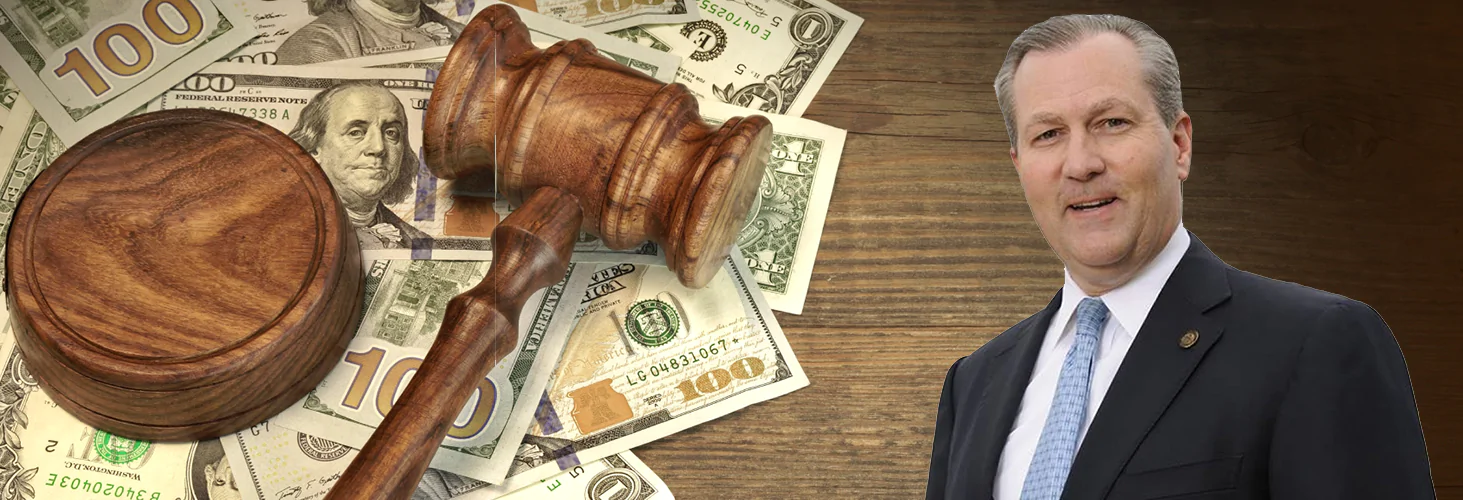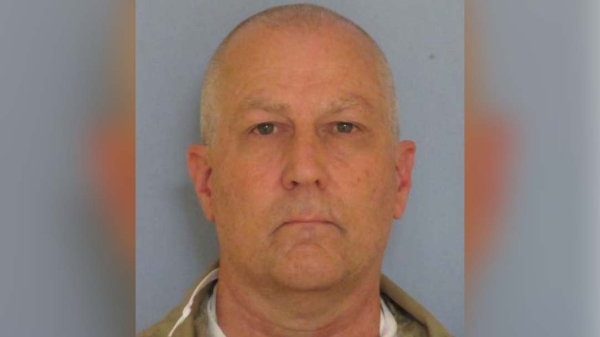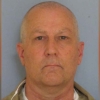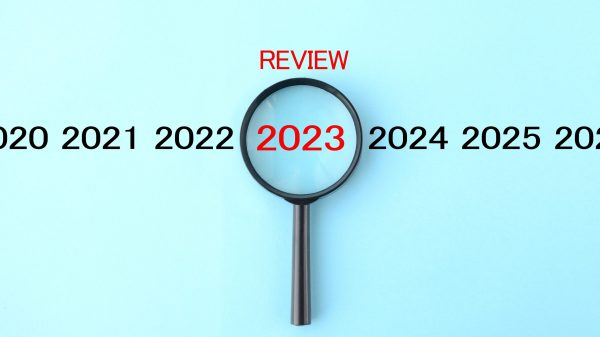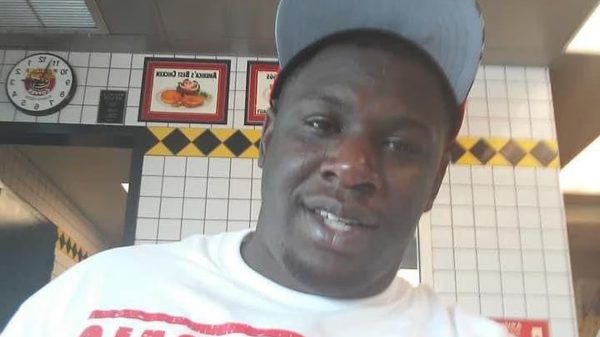By Bill Britt
Alabama Political Reporter
OPELIKA—Day six of the Mike Hubbard trial, who is charged with 23 counts of felony corruption, began with a whimper, then exploded, and by mid-day it looked as if at least one more person might be going to jail.
Yesterday’s witnesses were: Governor Robert Bentley, Kate Grant, Dax Swatek, Craig Pouncey, Steve French, and Will Brooke.
Media outlets from across the State again crowded the courtroom in anticipation of Governor Bentley’s testimony.
Bentley testified that he had attended several economic development meetings with Hubbard. On each occasion, Bentley said that he thought he was meeting with Hubbard as Speaker. He did not know that Hubbard had a $12,000 per month with South East Alabama Gas District (SEAGD).
Bentley was on the stand for about 20 minutes. One court observer remarked that the Governor’s testimony sounded more like a sales pitch for “jobs, jobs, jobs” in Alabama more than anything else.
Next up, Kate Grant, custodian of records for Hubbard’s employment with IMG Sports, testified that Hubbard had been laid off from his position with the company but had been given a full years salary as severance pay. Hubbard made no mention of this when he was asking business leaders to find him work and/or clients.
The real bombshell hit when lobbyist Dax Swatek took the stand. As one observer said, “there was no more room under the bus when Dax was through with Hubbard.” Swatek who has become wealthy because of his association with Hubbard said, that was something the Speaker gave him a hard time about. Under direct examination by Lead Prosecutor Matt Hart, Swatek related how Hubbard bemoaned his financial fate on several occasions. When asked if Hubbard ever talked about his finances when he was doing well, Swatek said, he never did.
In similar fashion to testimony given earlier by John Ross, former Executive Director of the Republican Party, Swatek testified that it was Hubbard who made the decision to use Craftmaster Printers and Auburn Network during the 2010 campaign. He said that he (Swatek) complained that production costs at Craftmaster were too high and out of line with other printers. Ross agreed. Swatek convinced Ross to go directly to Craftmaster to renegotiate a lower rate, which eventually was achieved. Swatek said he felt like the quality of TV and radio production from Auburn Network was sub-par, but Hubbard demanded quantity over quality, which, of course, meant more money for him.
Swatek also testified to his unique arrangement with Hubbard during legislative sessions, echoing statements made under oath by former chief of Staff, Josh Blades, which revealed that he, BCA Chief, Billy Canary, Ross, and Blades had a standing weekly appointment to discuss legislation with the Speaker during session. Earlier, Blades stated this was the only such arrangement between lobbyists and Hubbard.
As was stated by others in previous testimony, Swatek confirmed his alarm after being informed that Hubbard had a contract with American Pharmacy Cooperative, Inc. (APCI). The concern arose because Swatek’s firm, SRH Media, had a subcontract with Ferrell Patrick to lobby for APCI. He said after a meeting with Ross, Blades, and Tim Howe, they immediately decided a plan of action to contain the damage they believed had occurred. Blades and Ross were sent to talk with Hubbard, and Howe was dispatched to seek out Patrick in the Statehouse and immediately cancel the contract with him. Howe also informed Patrick that a letter to that effect would soon follow.
He confirmed what others had testified, that Hubbard should not vote on the budget containing the APCI exclusive language, which would have given them a monopoly over the Medicaid Pharmacy Benefit Management (PBM) plan.
In opening statements, Hart promised the jury that they would hear from a lobbyist who had been approached by Hubbard to invest $150,000 in Craftmaster Printers, and that this lobbyist would say he did not invest because he believed it to be illegal. During Swatek’s testimony he revealed that he was, in fact, that lobbyist.
During his testimony, Swatek said that he and Canary met with Hubbard about the plan, and had hoped he would not be asked to be an investor. He related how when asked by someone on Hubbard’s staff if he would be interested in being an investor he replied, “Not no, but, Hell no.” But the request from Hubbard did come. Swatek testified he told Hubbard that in his understanding of the Ethics Law, Hubbard could not ask him for a thing of value, and he could not give him a thing of value.
Hart kept his promise to the jury, and many court watchers believe that was another nail in Hubbard’s coffin.
Following Swatek was former State Senator Steve French. French testified that he arranged for the $150,000 investment between the Sterne Agee firm and Hubbard. Under oath he recounted that he was sent by Sterne Agee’s CEO, Jim Holbrook, to discuss with Hubbard the pending Jefferson County bankruptcy. During the meeting, French expressed Holbrook’s desire to avoid a bankruptcy, how it would be embarrassing to his business, every other corporation in Birmingham, and in the county. French explained that should the Jefferson County Legislative Delegation came to Hubbard with a bill that would avoid the bankruptcy, would he support it? Hubbard agreed that he would give his full support as Speaker. Hubbard then pivoted to his financial woes, explaining to French that he had a plan to raise $1.5 million from 10 investors, and if his boss (Holbrook) would be interested in being one of the 10. French took the offer to Holbrook and he agreed to an investment. The original agreement that Hubbard sent named Holbrook as a personal investor, but Holbrook had the language changed and sent it back to Hubbard listing Sterns Agee as the investor.
After lunch, French returned to the stand where he was to undergo cross examination by Baxley. Before cross examination, Hart disclosed that French was testifying under an immunity agreement. That agreement between French and the Attorney General’s Office stated that he would not be prosecuted for any criminal activities in which he was involved, as long as he gave truthful, complete and honest testimony at the Hubbard trial, and any subsequent related investigations.
The reason for Hart revealing the immunity agreement, soon became apparent under cross examination. During questioning by Baxley, French walked back many of the statements he made to Hart, even contradicting much of his earlier testimony. Hart challenged French several times, reminding him of the terms of his immunity agreement. Hart’s last question to French during redirect was, if he understood the immunity agreement not only covered his alleged illegal lobbying activities with APCI and Edgenuity, but also the quid pro quo between he and Hubbard in relation to this count of the indictments. Hart gave every indication that French’s immunity had just died.
Investment banker Will Brooke was the last witness of the day. He testified how he wanted to help Speaker Hubbard grow his business, because he feared that Hubbard might find an employment opportunity which could compromise his ethical role as Speaker. He, like French, upon cross examination, softened his earlier testimony so much so that Hart pulled his Grand Jury transcript and together they reenacted his what he said during his Grand Jury testimony.
Day six was full of damning testimony and confusing cross examination by Baxley.
The prosecution told Judge Jacob Walker, III, that they may wrap up the State’s case by Friday.







































